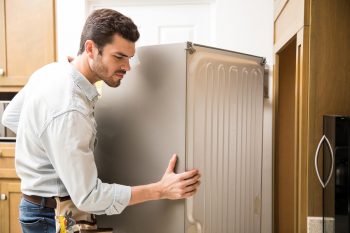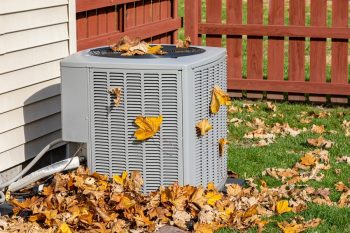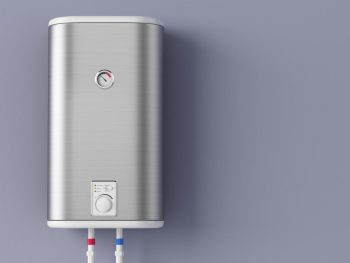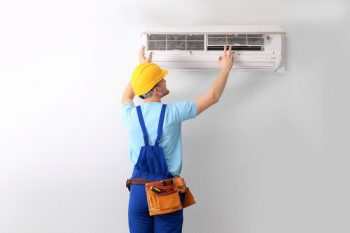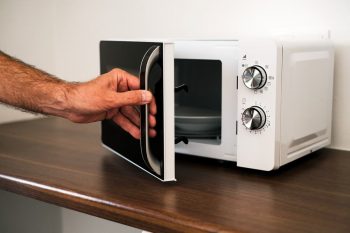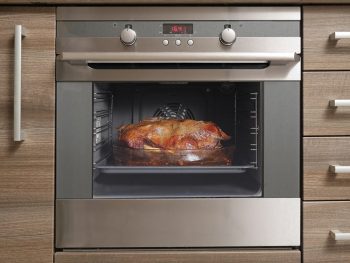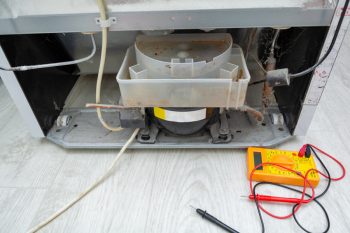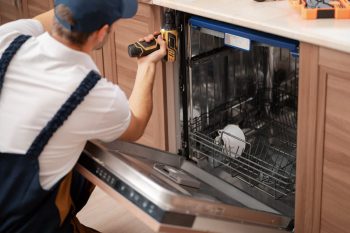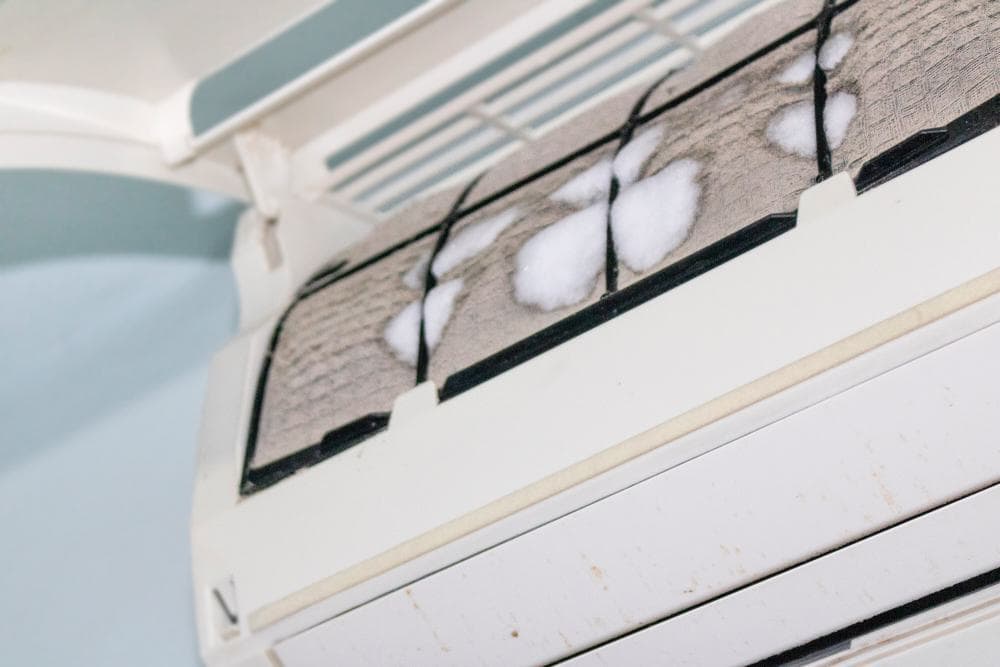
Condensation on AC pipes is a common issue faced by homeowners, especially during the hot, humid summer months. This phenomenon, also known as “sweating,” can lead to a myriad of problems if not addressed, including water damage and mold growth. This comprehensive guide will explain the causes of condensation on AC pipes, its potential implications, and how to prevent and manage it effectively.
Condensation on AC pipes is primarily caused by the temperature difference between the cold surface of the pipes and the warm, humid air surrounding them. Other factors include temperature difference between the outside air and AC vent, improperly sealed AC ducts, lack of insulation, excess air moisture, dirty air filters, clogged ducts, and a clogged condensate drain system.
What Causes Condensation on AC Pipes?
Condensation on AC pipes is primarily caused by the temperature difference between the cold surface of the pipes and the warm, humid air surrounding them. This process is similar to the formation of water droplets on the exterior of a cold glass of iced tea during summer. Condensation is more likely to occur in humid environments or during hot months and is more common on metal pipes, which conduct thermal energy more easily and often become colder than other materials.
Other factors that contribute to condensation include:
- Temperature difference between the outside air and AC vent: When the air outside the vent is warmer than the air coming from the vent, condensation can occur.
- Improperly sealed AC ducts and lack of insulation: If the AC ducts are not properly sealed or lack insulation, the cold air inside the ducts can cause the outer surface to cool down, leading to condensation when it comes into contact with warm, moist air.
- Excess air moisture, dirty air filters, and clogged ducts: These factors can prevent the AC system from effectively removing moisture from the air, leading to higher humidity levels and potential condensation.
- Clogged condensate drain system: The AC system removes moisture from the air and drains it through a condensate drain line. If this line is clogged, the water can back up and cause condensation on the AC pipes.
The Risks of Condensation on AC Pipes
Condensation on AC pipes can lead to several potential risks and problems if not addressed properly:
- Water damage: Excess condensation can cause water to run off the pipes and into surrounding materials, leading to potential problems such as wood rot, mildew, and damage to floors and walls.
- Mold and mildew growth: High humidity levels and condensation can create a favorable environment for mold and mildew to grow, which can negatively impact indoor air quality and pose health risks.
- Insulation issues: Condensation can affect the insulation of your home, reducing its efficiency and leading to higher energy bills.
- Water leakage: Condensation can cause water leakage, which can lead to further damage to your home and its structure.
- Reduced cooling efficiency: Condensation on AC pipes can indicate underlying issues with your air conditioning system, such as low refrigerant levels or dirty air filters, which can reduce the system’s cooling efficiency.
How to Prevent Condensation on AC Pipes
To prevent condensation from forming on AC pipes, you can:
- Reduce the humidity level: Lowering the humidity in your home can help prevent condensation on AC pipes. Use a dehumidifier or improve ventilation to reduce humidity levels.
- Properly maintain ducts: Regularly inspect and clean your ducts to ensure they are functioning efficiently and not contributing to excess condensation.
- Add insulation to metal ducts: Insulating your metal ducts can help prevent condensation by reducing temperature differences between the ducts and the surrounding air.
- Keep your air filters clean: Regularly clean or replace your air filters to maintain proper airflow and prevent condensation.
- Unblock the air ducts: Ensure that your air ducts are free from blockages, which can cause temperature imbalances and lead to condensation.
- Repair any leaking ducts: Leaking ducts can cause excess moisture and condensation. Inspect your ducts for leaks and repair them as needed.
- Schedule annual HVAC air duct inspections: Regular inspections can help identify and address potential issues that may cause condensation in your ducts.
Professional Services for Condensation on AC Pipes
If you are unable to manage the condensation on your AC pipes, consider hiring a professional. HVAC technicians can inspect your system, diagnose the cause of condensation, and recommend appropriate solutions. Pipe insulation services can also help prevent condensation on AC pipes by installing insulation materials like closed-cell elastomeric pipe insulation or foam pipe insulation.
A comprehensive approach to managing condensation on AC pipes includes regular inspection and maintenance of your AC system, reducing humidity levels in your home, and ensuring your ductwork is properly sealed and insulated. By understanding the causes of condensation and the potential risks it poses, you can take proactive steps to prevent it and maintain the efficiency and longevity of your AC system.
Frequently Asked Questions
Can I use any kind of insulation for my AC pipes?
Not all types of insulation are suitable for AC pipes. It is best to use insulation materials designed for cooling systems, such as closed-cell elastomeric pipe insulation or foam pipe insulation. These materials have high resistance to moisture and can effectively prevent condensation.
How often should I clean or replace my air filters to prevent condensation on AC pipes?
The frequency of cleaning or replacing air filters largely depends on your AC system’s use and the air quality in your area. However, a general rule of thumb is to check your filters once a month and replace them every 60-90 days. If you live in a dusty area or have pets, you might need to replace them more frequently.
Is condensation on AC pipes a sign of a serious problem with my AC system?
Condensation on AC pipes does not necessarily indicate a serious problem with your AC system, but it can lead to substantial issues if not addressed. It can cause water damage, mold growth, and reduce the efficiency of your insulation. It could also indicate underlying issues with your AC system, such as low refrigerant levels or dirty air filters.
Can I prevent condensation on AC pipes by adjusting the temperature settings on my AC system?
Adjusting the temperature settings on your AC system may not necessarily prevent condensation on AC pipes. Condensation is primarily caused by the temperature difference between the cold pipes and the warm, humid air surrounding them. Therefore, reducing the humidity levels in your home would be a more effective solution.
Can condensation on AC pipes freeze and cause further damage?
In extreme cases, if the temperature around the pipes drops significantly, the condensation on the AC pipes could freeze. This could potentially lead to pipe damage and leaks, leading to more serious issues. However, this is not a common occurrence in typical household environments.

